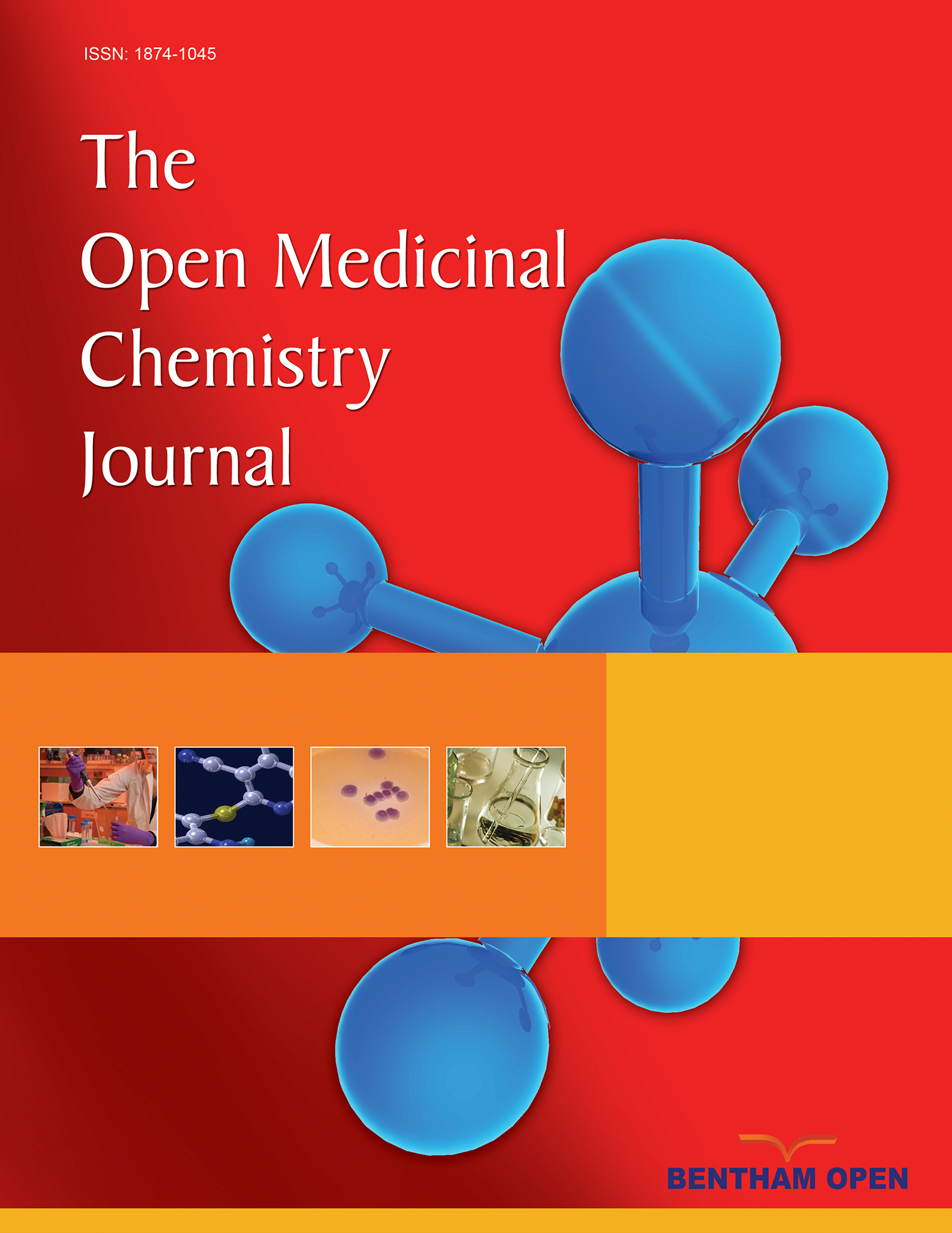All published articles of this journal are available on ScienceDirect.
Phyto-Extracts and Silicone Gel (JUMI) in Reduction of Surgical Scar Post-joint Arthroplasty. A Randomized Control Trial
Abstract
Background and Objective:
To assess the clinical potency of JUMI Anti-Scar Cream (JASC) in the prevention of excessive scar formation post total hip replacement (THR) and total knee replacement (TKR).
Patients and Methods:
Our study was an open-label, prospective, randomized control to test the efficacy of JASC. After surgery, the same material was used in both groups to close the skin. After 14 days, once the staples were removed, JASC was applied twice a day for 60 days. Patients were seen at 6 and 12 weeks. At 3-month follow-ups, the scars were assessed using the Visual Analogue Scale (VAS) and Vancouver Scar Scale (VSS).
Results:
Forty patients were part of this trial; two patients in the control group were lost during follow-up. The average age-matched in both groups. There were no adverse or untoward effects due to the use of JASC. At 3 months, there were significant differences between the parameters assessed; VAS scores were P<0.0001. VSS parameters such as vascularity, pigmentation, pliability, and scar height were much lower compared to patients who had standard treatment (P<0.0001).
Conclusion:
Our study demonstrated that JASC was effective and successful in suppressing excessive scar formation. We believe that JASC has the potential as a prime anti-scar therapy, and we recommend more multicentric studies.
Clinical Trial Rg. No: This trial was registered with the Sri Lankan Trial Registry vide #2022/021.


